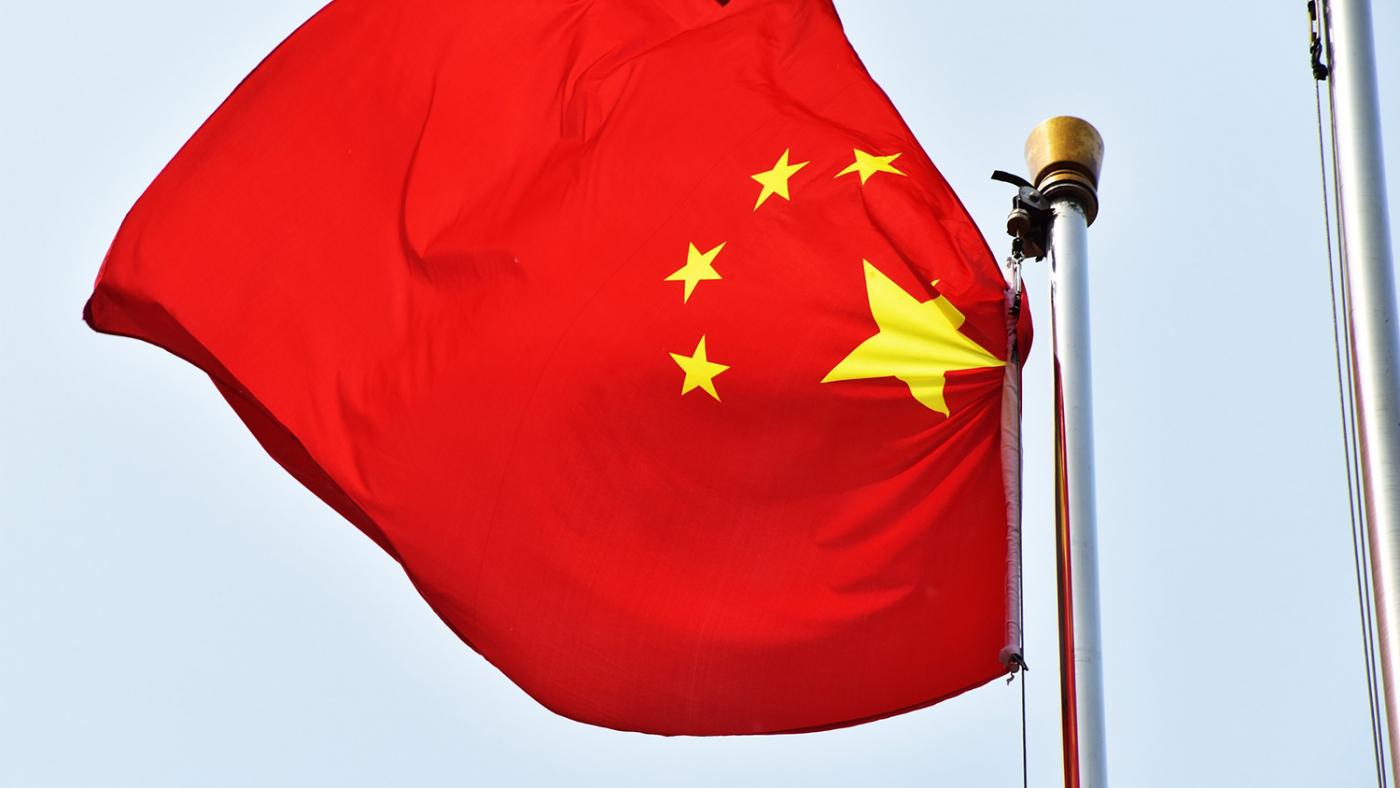Especially for "sensitive" projects
Universities more prone to turning down PhD candidates with scholarships from China

There are currently around 2,000 PhD candidates in the Netherlands getting scholarships from the China Scholarship Council (CSC), according to Trouw (article in Dutch only, Ed.). But that number could fall in the years ahead, especially at the Delft University of Technology, which is "more and more reluctant" to admit such PhD candidates, especially if the research area is considered sensitive, such as technologies with civil and military applications. Currently, TU Eindhoven has 242 people working there on this type of scholarship.
Holding back
PhD candidates from the "Seven Sons", a group of seven universities that have close ties with the Chinese army, and from the National University of Defense Technology are the most likely to be turned down.
Maastricht University, Wageningen University and Utrecht University are also becoming increasingly reluctant to admit these PhD candidates. Another issue regarding this scholarship is that some of these researchers are barely able to survive on it.
Universities of The Netherlands (UNL), the association of Dutch research universities, is struggling with the issue. They told Trouw that universities would like to receive more guidelines from the government as to how to deal with the matter.
CSC
To be able to go to another country with a CSC scholarship, Chinese PhD candidates have to endorse the communist party line and sign declarations of loyalty. Other countries have concerns about this as well. Family members act as guarantors for every PhD candidate during their PhD programme. They are liable for the costs if the PhD candidate terminates the programme prematurely or their academic performance is inadequate. Sums of up to 75,000 euros are involved.
It emerged recently that Chinese PhD candidates with a CSC scholarship are being asked to report on their progress to their embassy. The students themselves do not take this obligation very seriously.
Knowledge security
The Minister of Education, Robbert Dijkgraaf, has launched an investigation into the issue. Replying to parliamentary questions last month, he said it is conceivable that China might be using the scholarship programme for PhD candidates to acquire advanced knowledge and technology.
If researchers suspect that their knowledge is being stolen, they can report the issue to a special advice centre that takes care of the security of scientific knowledge. A total of 148 such reports were made last year.